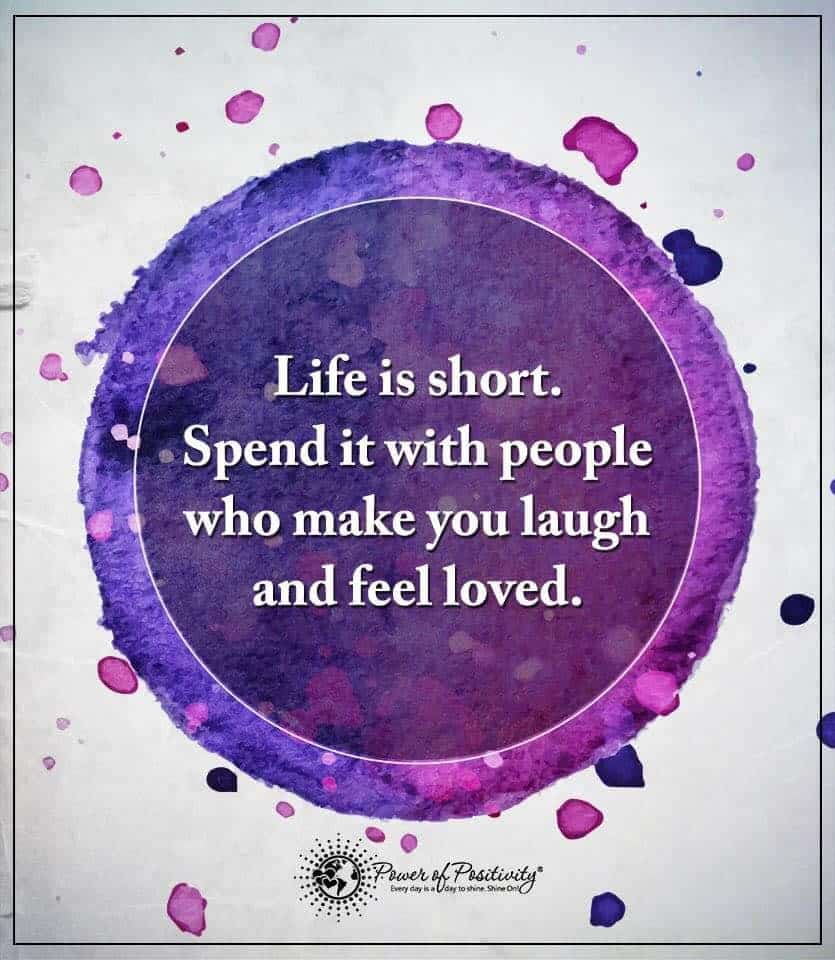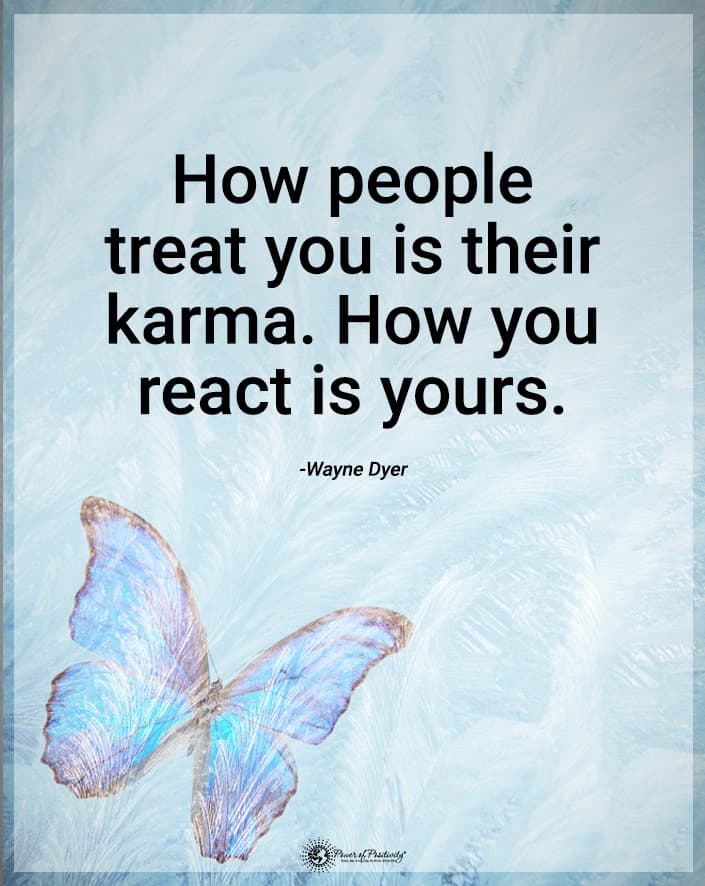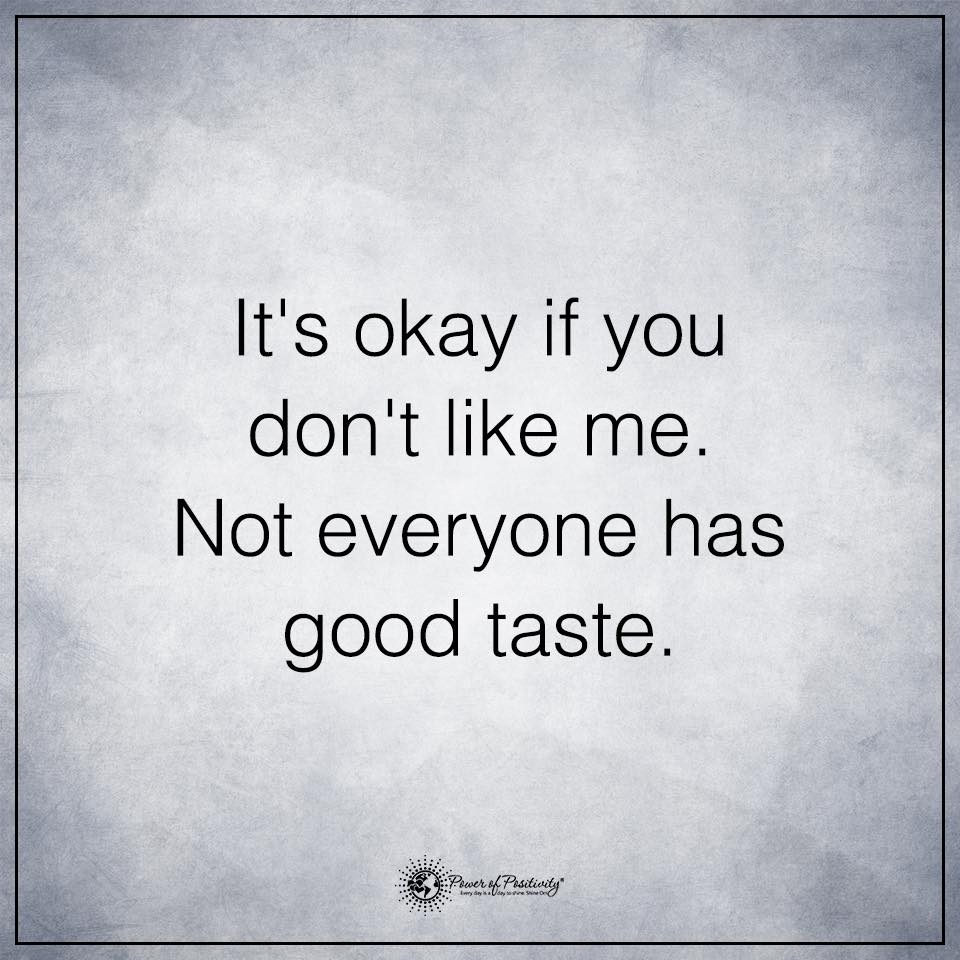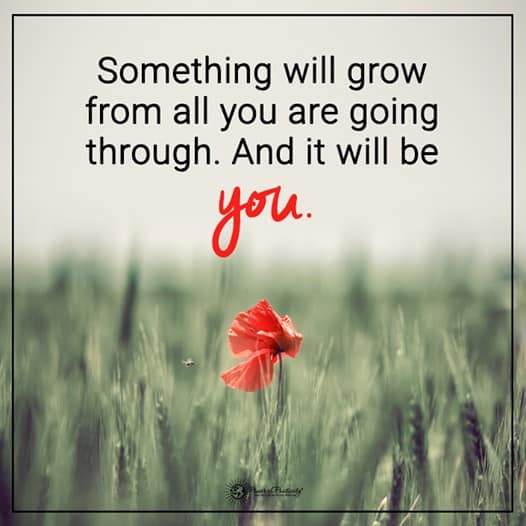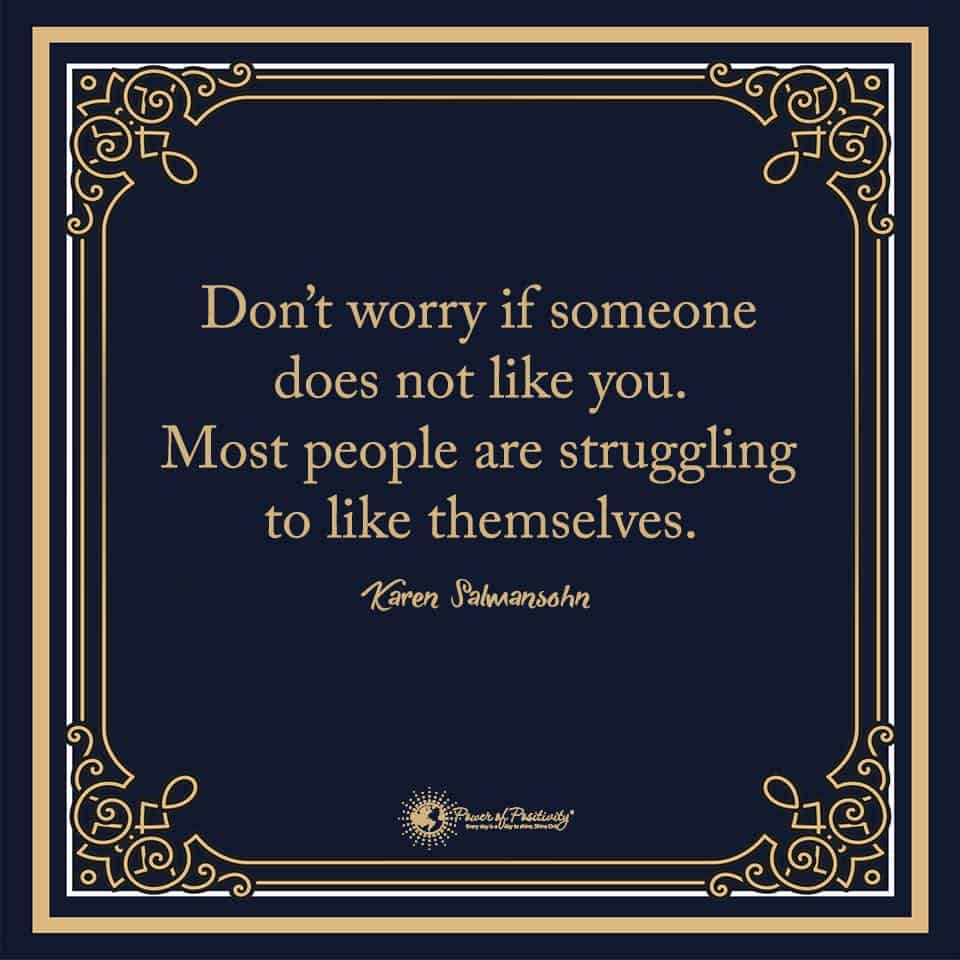How could you know if your broken relationship with your partner is worth saving? Is there a sure sign of things being beyond repair? We will look at some of the symptoms of broken relationships that can be revived, and some advice on how to save your relationship.
5 Signs A Broken Relationship Is Still Worth Saving
You and your partner have had your ups and downs, but lately it seems like you’re in a deep one. Not every crisis has to mean the end of a partnership though. All of the time that you’ve put into this pairing is an investment that you want to see a return on. Don’t walk out yet if your broken relationship is still worth saving.
1. You still trust your partner
There cannot be intimacy without trust and there cannot be a good trusting connection without open communication. Open communication is not about nagging or criticism; it is about expressing your feelings so you can both get what you need, and hopefully, what you want from the relationship. If sex has declined, it’s not the end of your relationship. You can still have intimacy without intercourse through touching, and that might build enough trust to lead to being able to have more sex.
2. You’ve survived challenges with respect for each other
Coming through the fire has made you stronger, not weaker, and your love for each other can still be enough to save the relationship. Read below about the power of touch and positive communication to heal your relationship. You’ve been through some hardships, but you’ve made it through the rough parts by each others’ side.
Related article: 7 Ways to Peacefully End a Toxic Relationship
How your partner handles stress is a great determination of their character and it reveals a lot about them to you. If you survived a challenge and can look at your partner with respect for their courage, composure, and ability to find humor, you are a lucky person because your broken relationship is still worth saving.
3. You still believe in the power of love to heal
Love is one of the most powerful forces on the planet, and we don’t use it as much as we should. Give hugs, kisses, gentle shoulder rubs, and caresses to your partner as often as you think about wanting to do it. Physical contact helps stimulate the release of oxytocin and that makes couples bond more strongly.
Oxytocin is called ‘The Cuddle Hormone’ for a reason. It helps mother and child bonding, as well as romantic couple bonding. Oxytocin may also help with healing, literal wounds in the body, and with emotional ones also, so hug it out. Researchers looked at couples and their levels of oxytocin while they talked. They found that positive communication patterns where couples could be upbeat with each other had the highest blood levels of oxytocin. The study also found that higher oxytocin levels had the power to heal. You can literally heal your broken heart with oxytocin.
4. You acknowledge that you also played a role in whatever broke the relationship
Maybe you did nothing wrong, but you didn’t believe yourself worthy of love, so you couldn’t truly receive the love that your partner was giving you. Relationshiprules.com has a great way of putting this; ‘open yourself to embrace the fact that the other person is truly and actually madly in love with you and is ready to cross any physical or emotional barrier for you. This moment of clarity is the reality of every strong relationship.’
How can you fix whatever is broken if you won’t acknowledge that it needs to be fixed? There are two people in every relationship and both contribute to the health and security of the partnership. Neither one of you is blameless but neither one of you is completely to blame either. If you say nothing else, say these four sentences to your partner often; ‘I’m sorry.’ ‘Please forgive me.’ ‘Thank you.’ ‘I love you.’
5. Imagine yourself separated
Are you happy or sad thinking about breaking up with your partner? If you are happy, you will be smiling as you think about it. If you’re not smiling, it’s a sign that your broken relationship is still worth saving. A breakup can lead to a major depressive disorder or depression, which is a terrible consequence for your mental and physical health.
Researchers looked at when depression was most likely to develop for teenagers. They found that ‘The severing of a romantic relationship in the past year may set the stage, or at least one stage, for developing MDD (major depressive disorder).’ Depression can kill and it is nothing to brush off. Extreme sadness is common for people going through romantic relationship difficulties. If you feel depressed, seek help sooner rather than later. Text ‘GO’ to 741741 for the text crisis line or call 1-800-273-8255.
Related article: High-Risk Relationships: How to Tell If You’re In One

